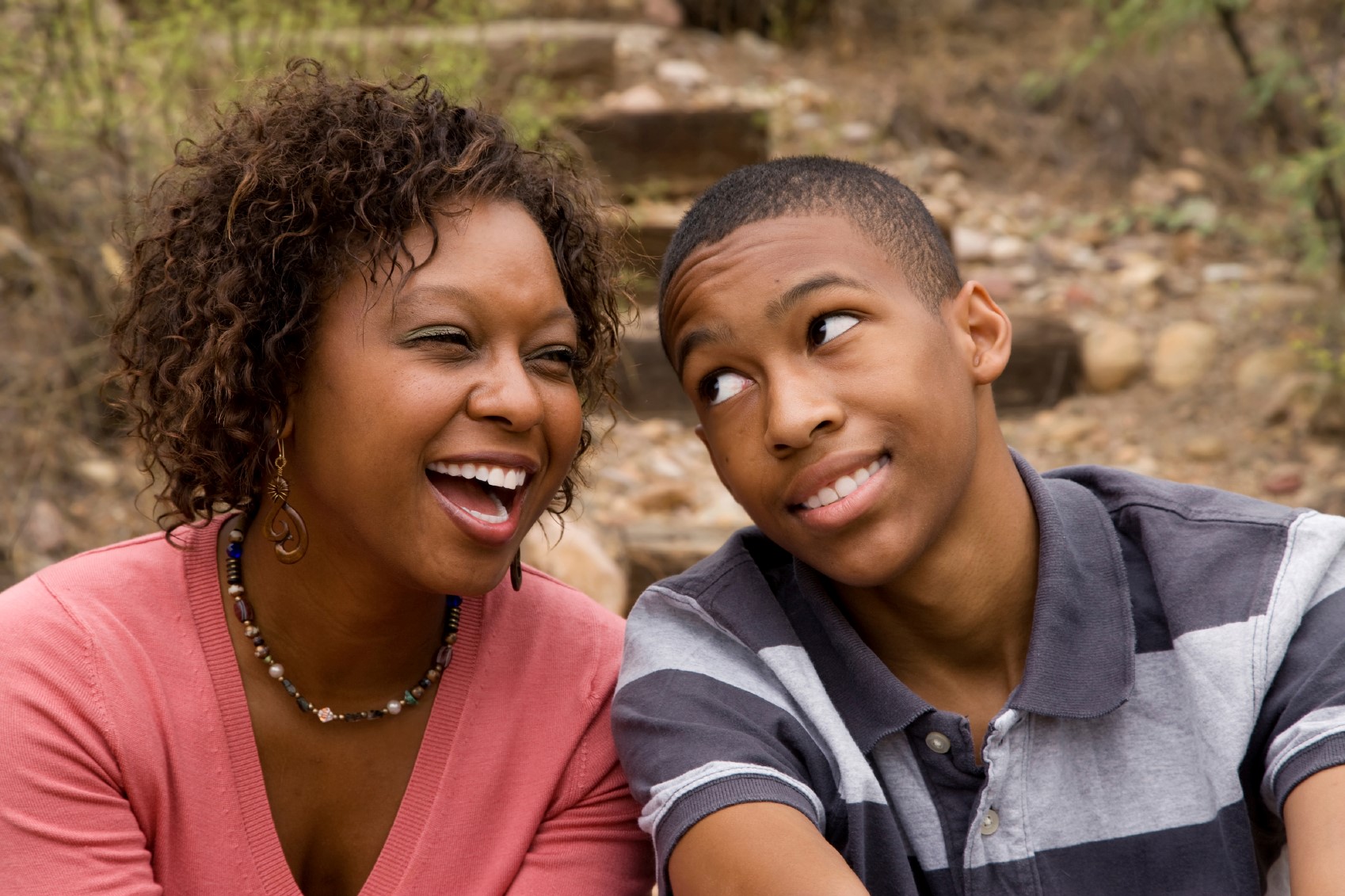Parenting Teens during the Coronavirus Pandemic
The Coronavirus pandemic is affecting families and individuals across the world. With schools closed for children and teenagers and parents working from home, it can be difficult for all members of the family to adjust. Below are helpful suggestions for maintaining a positive and supportive environment at home.
- Talk Openly and Honestly
Adjusting to physical distancing and quarantine can be especially difficult for teens. Keeping lines of communication open is important during this time. Some teens may be worried or stressed while others may not be. You can promote open and authentic communication by listening, sharing, and asking open-ended questions. Give teens reasons for why keeping a distance of 6 feet from others is important but encourage teens to socialize with friends on-line. Reassure teens that you are protecting them and others in the family, discuss safe practices, and be available to talk. - Listen and Respond with Empathy

Teens may feel many different emotions as they adjust to spending time at home. Teens may feel sad or frustrated because they are missing out on social events, sports, or other school activities. These are important aspects of a teenager’s life. You can help to validate your teen’s feelings by listening and responding to your teen’s distress with empathy and understanding. You can use phrases such as: “It’s okay to feel this way.” or “I hear what you are saying, and I am here for you.” - Help Teens Create Healthy Routines
Physical distancing and quarantine can disrupt routines and daily schedules. You can help teens create and maintain simple, healthy routines such as getting dressed, eating regularly scheduled meals, completing schoolwork, and engaging in exercise. Routines such as these can help reduce feelings of anxiety and boredom. Structure can be helpful, but it’s important to remember to also be flexible. Allow teens to create their own routines as they adjust to being at home during the day. Teens have different sleep cycles than adults. Family discussion of how to balance teens’ later nights and mornings with parents’ working-from-home schedules is important. - Encourage Family Time
Family support can lessen stress, anxiety, and loneliness during difficult times. You can encourage family time by eating dinner together, playing games, or going for a walk. You can use this time to learn or engage in an activity your teen enjoys or try a new activity together. Let your teen choose! This can be a chance to reconnect with your teen. - Encourage Digital Time with Friends
Adolescence is an important time for developing and maintaining friendships and romantic relationships. Parents can encourage teens to spend time with friends using video
chat and messaging platforms. Teens can schedule virtual dinner dates with friends
or play on-line games. Encourage teens to come up with creative ways to stay in touch
with friends. Teens may be able to meet with a friend to talk or spend time outdoors
if the appropriate precautions are taken. Bike rides are a good way to be physically
active and see friends with appropriate physical distancing. Talk with your teen and
ask for their input to determine rules and guidelines to stay safe and healthy. Remember
that socializing is a big part of a teen’s day!
relationships. Parents can encourage teens to spend time with friends using video
chat and messaging platforms. Teens can schedule virtual dinner dates with friends
or play on-line games. Encourage teens to come up with creative ways to stay in touch
with friends. Teens may be able to meet with a friend to talk or spend time outdoors
if the appropriate precautions are taken. Bike rides are a good way to be physically
active and see friends with appropriate physical distancing. Talk with your teen and
ask for their input to determine rules and guidelines to stay safe and healthy. Remember
that socializing is a big part of a teen’s day! - Give Teens Space
Although extra time with friends and family can be a welcome change, teens may need time alone as well. Respect your teen’s right to privacy and alone time, and let your teen know they can spend time by themselves.
References
Resnick, M. D., Harris, L. J., & Blum, R. W. (1993). The impact of caring and connectedness on adolescent health and well‐being. Journal of Pediatrics and Child Health, 29, S3-S9.
Ungar, M. (Ed.). (2005). Handbook for working with children and youth: Pathways to resilience across cultures and contexts. Sage Publications.
Additional Resources
- Helping Children Cope with Emergencies
- Quaranteenagers: Strategies for Parenting in Close Quarters
- 5 Ways to Help Teens Manage Anxiety About the Coronavirus
- How teenagers can protect their mental health during coronavirus (COVID-19)
- Is ‘social distancing’ the wrong term? Expert prefers ‘physical distancing,’ and the WHO agrees.
Erin L. Ratliffa, Amanda Sheffield Morrisa, Laura Hubbs-Taita, Jennifer Hays-Grudob
aHuman Development and Family Science, Oklahoma State University; bPsychiatry and Behavioral Sciences, Oklahoma State University Center for Health Sciences
